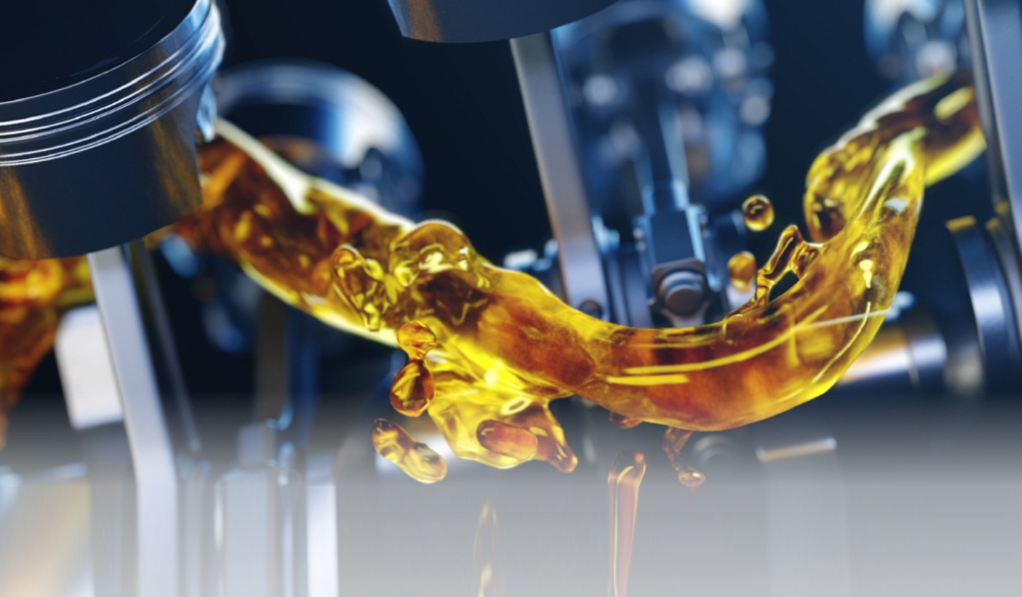According to the current analysis of Reports and Data, the global Fuel Additives market was valued at $ 7 Billion in 2018 and is expected to reach USD 9.43 Billion by year 2026, at a CAGR of 3.5 %. The study covers fuel additives, which supplement the fuel for various purposes like improving the octane/cetane rating of fuels, protection of mechanical parts, prevention of sludge formation, improving the fuel flow, etc. Recent developments in fuel additive space is synthetic technology, which is causing disruption in the market, due to its performance and protection features.
Rising sales of the automobiles worldwide, increasing demand of performance products, launch of improved products, increasing awareness towards benefits of fuel additives, availability of funds for favourable research scenario, emission norms by governments, are some of the key factors propelling market growth in the industry. However, rising prevalence of electronic vehicles, high cost of the additives, unavailability of products throughout the globe, low awareness among end users towards fuel additives are the major hinderances for the market growth during 2019-2026
Fuel Additives market is growing at a CAGR of 6% in Asia Pacific followed by North America and Europe, with 4.0 % and 3.0% CAGR, respectively. High growth of the automobile sector across the globe is the key factor to accelerate the market growth during forecast period across all regions
Global automotive market is expected to register high growth, with sales soaring to a staggering 82.1 million in 2019
North America is growing at a CAGR of 4 percent; owing to the stringent emission regulations exercised in the region. It is the major source of revenue for the fuel additives market
Asia Pacific is expected to account for the 27% of the global Fuel Additives market. Developing nations such China, and India are likely to witness high growth
Changing environmental regulations and requirements for fuel to meet emission standards is the key factor to drive the market growth during the forecasted period, 2019-2026
Associated high product cost and lack of awareness about benefits of fuel additives is likely to hinder the market growth during the forecast period.




Recent Posts
TSUNEISHI Launches World’s First Methanol Dual-Fuel KAMSARMAX Bulk Carrier in the Philippines
Grimaldi Group Launches Ammonia-Ready Car Carrier Grande Shanghai in China
Incat Tasmania to Build Two Battery-Electric Ferries for Denmark’s Molslinjen
YamnaCo Signs MoU with Andhra Pradesh to Develop Large-Scale Green Hydrogen and Ammonia Project
WNTI and NEMO Sign MoU to Advance Nuclear-Powered Shipping and Mobile Nuclear Energy Solutions
TotalEnergies and CMA CGM Form Joint Venture for LNG Bunkering Operations in Rotterdam
Keel laid for Bibby Marine’s first zero-emission eCSOV
New Report Highlights Potential of Voluntary Insetting to Support Maritime Decarbonisation, Calls for Robust Safeguards